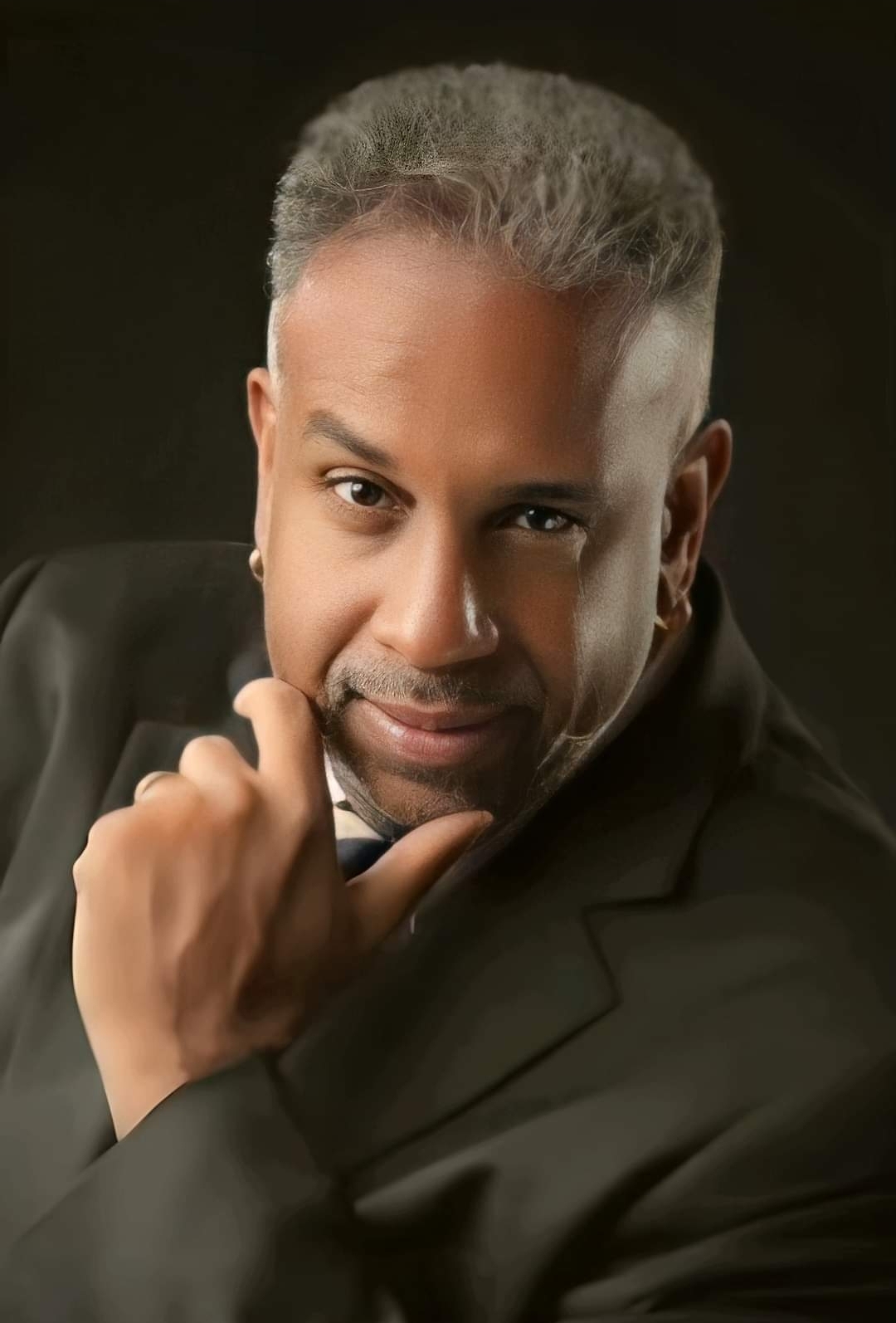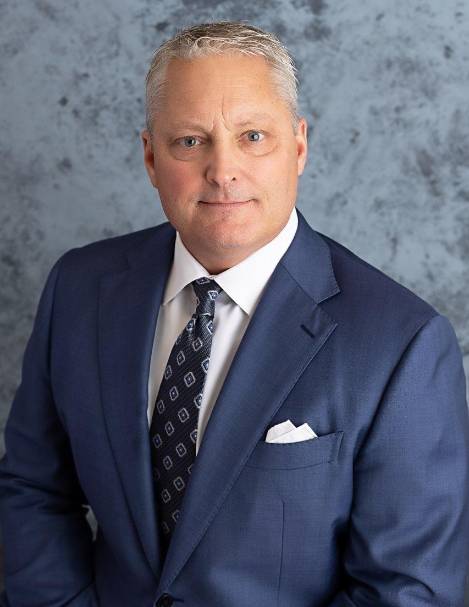By Philip T. Arnell
When my grandfather died, for lack of a better term, in a “good way”, it opened up a pandora’s box of not exactly “secrets” but pertinent information that the offsprings on this side were exposed to. My grandfather’s 2 older children from a prior relationship respectively had now come into knowledge. Two daughters and their families. One daughter came to the funeral. On the day of the burial, we received a surprise. For me, it was a pleasant one.
Two weeks after the funeral I began to ask my grandmother more targeted questions about the families. She had asked me to record the history. So I started to.
People have asked me how I went about conducting my research. Despite starting my research long before the internet sensation, it was surprisingly simple. I was fortunate to have been able to travel to ancestral places and interview the actual ancestors and their closest family members for several years.
With each trip annually that eventually graduated over into 4 times a year, at one point I was able to gather a world of information that was documented and could now be preserved for future generations to come. I met with the relatives and established lasting relationships with them. I was able to immerse myself into the culture deeper than I thought I could. I learned from visiting the places where the ancestors lived, and their everyday life, and made accomplishments that enabled me to grow from their achievements.
Once I was able to retrieve what seemed to be all that I could, I turned to the internet for a deeper research tool now that records couldn’t achieve. This enabled me to put myself out there a s meet other relatives globally who furnished me with pictures information and stories. Through this method I was able to unite families with the same ancestral connection globally and teach them about who they were, most of all who they have always been. Most had never had a full idea.
When you dig deep enough, you can find almost anything. In my years of research, you hit brick walls when searching for information. There are ways around this wall for some. Some plow through the walls with persistence and, most of all, patience. The bulk of my internet research has been in the last 9 years. Of course, through the family records databases. Records help connect families. With, any of the family records sites, people have been able to locate family since their database is filled with customers that span the globe. People will find common ancestors and with their advertising, they sign up and people find one another.
We are well immersed into the continuous age of the internet and newer and faster ways to assist with our search are available, and in a much shorter length of time. I starred before this and as I stated I was lucky enough to travel consistently to the said places meet the relatives, and get first accurate hand information. Some call that “family lore” and thought sometimes it can be a bit off according to people’s recollection, in many ways, it can be more accurate than tangible records because they can be altered in some ways. Here is an example.
My great-grandfather died in 1907. My grandmother was 7 years old at the time. She attended the funeral along with her mother and siblings, etc. He died of a urinary tract infection. His death wasn’t recorded until 1915, and they said he died of cirrhosis of the liver. If it wasn’t for my grandmother and other members of the family to give me a first-hand account of when he died. My information about him would have been compromised.
Philip Timothy Arnell, born October 3, 1968, in Queens, NY, is a two-time global bestselling author of Caribbean descent. A proud Caribbean American, he holds dual citizenship in the U.S. and France and resides in New York City. Arnell’s early career included acting in commercials, voiceovers, TV, stage, and films. He earned a BSc in Communications from St. John’s University. Later, he ventured into the financial industry. For over forty-six years, he has researched his family history, culminating in a book sold in nineteen countries and featured in numerous museums and archives internationally. You can find “Fortunate Member of a Caribbean Diaspora and Still Bajan After All These Years” on Amazon.com.



